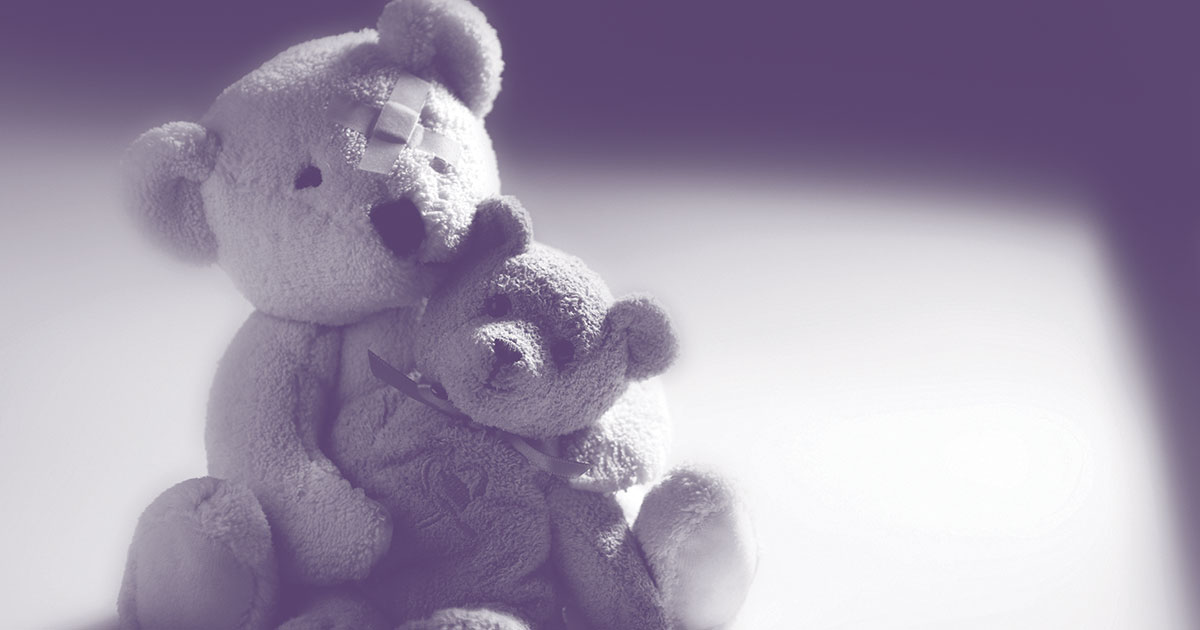BY ROBERT FEIKEMA, President & CEO of Family Services
On Sunday, March 11, 2018, the CBS show 60 Minutes aired an important segment on childhood trauma and resilience. The story was the brain child of Oprah Winfrey, who said, “Trauma leaves a hole in the soul, and unless you fix the trauma that has caused people to be the way they are, you’re working on the wrong thing.” In reaction to traumatic occurrences – an ever-increasing tragedy in the American fabric – we ask, “What’s wrong with that child?” Winfrey says this is the wrong question. We must ask instead, “What happened to that child?”
Behavioral health professionals like those at Family Services start with this question as they recognize and treat a variety of Adverse Childhood Experiences (ACEs), that when compounded as multiple traumas in childhood can carry damaging effects, not only during childhood, but into adult life as well.
ACEs include physical abuse, sexual abuse, emotional abuse, physical neglect, emotional neglect, a mother treated violently, substance abuse within the household, household mental illness, parental separation or divorce, and an incarcerated household member. It is not unusual for anyone to have experienced one or even two of these occurrences during childhood. Children can live under such circumstances and still grow up to be healthy, functional, and productive adults. But when a child experiences three, four, five or more, the likelihood of negative consequences increases. When left untreated they are at greater risk of developing serious health, social, and behavioral problems. This is especially significant in the first five years of life, a once-only window of opportunity when brain architecture is rapidly developing.
Over the past three years, Family Services has added five trauma therapists to its traditional counseling program. These professionals have participated in a year-long, intensive training program to become certified in providing trauma-focused cognitive behavioral therapy, an evidence-based treatment model designed to assist children, adolescents, and their families in overcoming the negative effects of a traumatic experience. Similarly, the agency’s Child Advocacy Center provides “trauma-informed” services to child victims who have experienced or witnessed family violence. In a child-friendly, safe environment a certified forensic interviewer conducts one vital interview, which reduces the need for a child victim to retell the traumatic experience over and over to the police, a judge, a nurse, and others.
However, the best way to deal with Adverse Childhood Experiences is to prevent them in the first place.
To that end, Family Services supports parents, educators, and the community at large in creating
Advantageous Childhood Environments. This includes making sure parents have the support, resources, and skills they need to maintain a stable family life. It also involves the work of human services agencies that assist families in meeting their basic needs for food, clothing, and housing. It entails making behavioral health services available to children, provided by clinicians who are trained to do trauma-focused therapy. It means providing families with quality early childhood development programs that promote healthy brain development during the earliest years of life. Most of all it depends on the community’s commitment to make the health and well-being of all its children its highest priority.
The future prosperity of a community depends on how it raises ALL of its children. Family Services is among the many organizations and individuals in Forsyth County working to ensure that families have access to an advantageous community environment, flush with resources and opportunities for its youngest children. By fostering a more positive environment for every child, for every family, we increase the likelihood of a more sustainable community. And, you can call this the ace of hearts!
For more information, visit familyservicesforsyth.org or call (336) 722-8173.


















